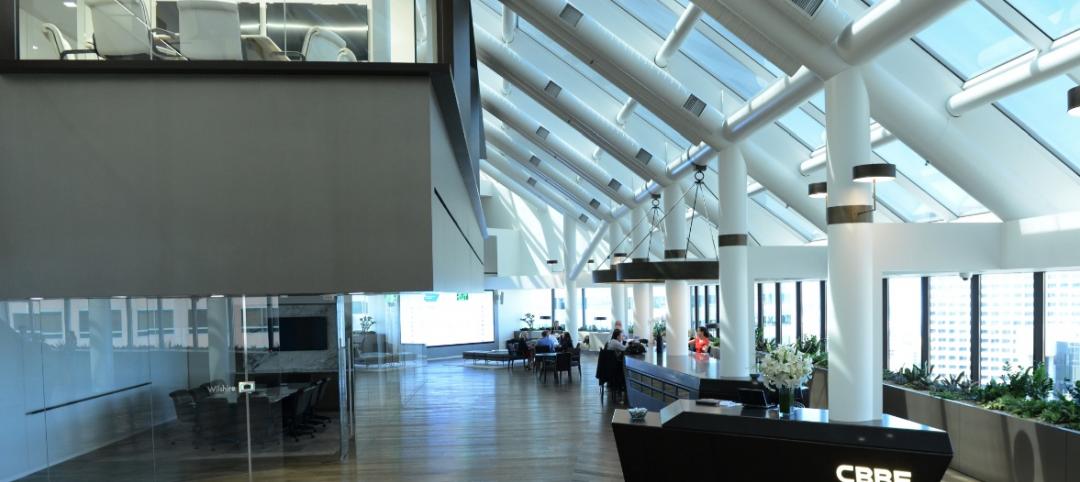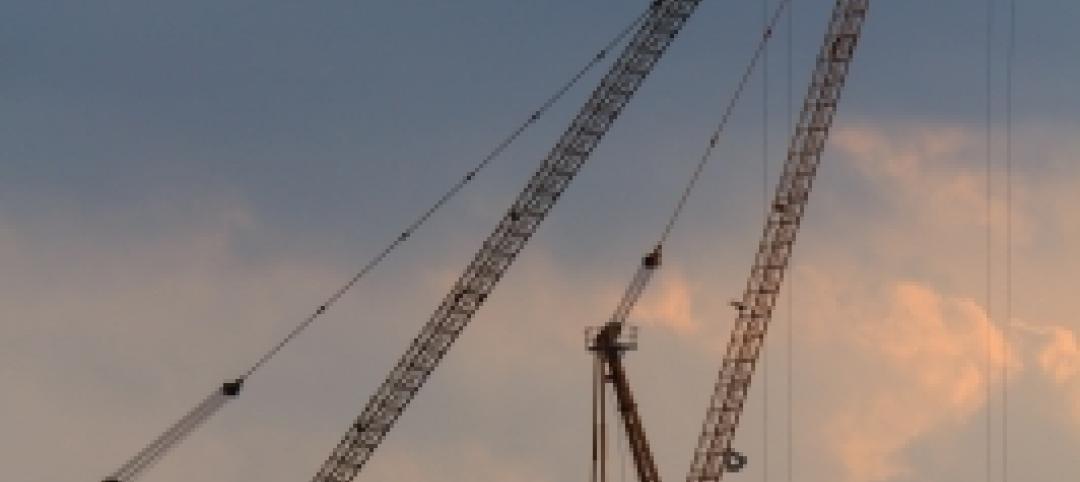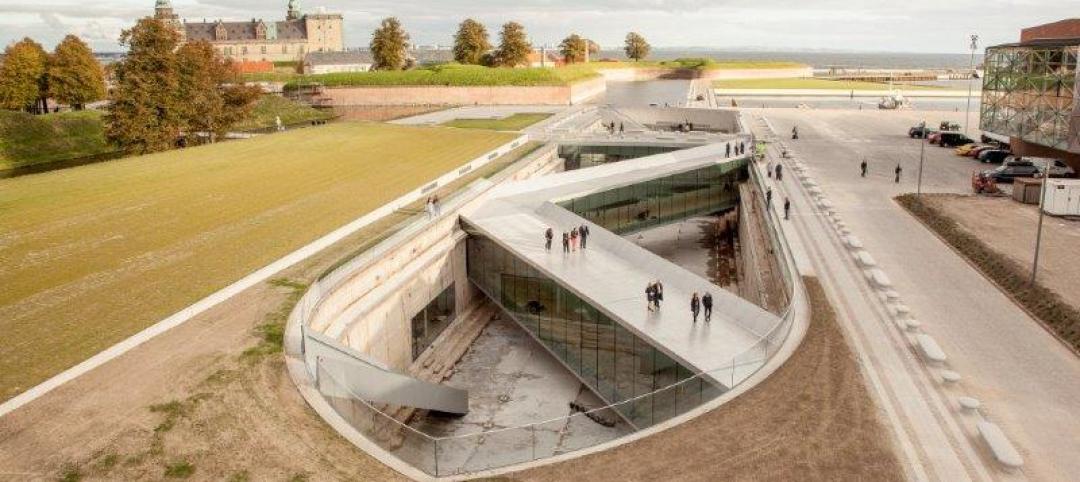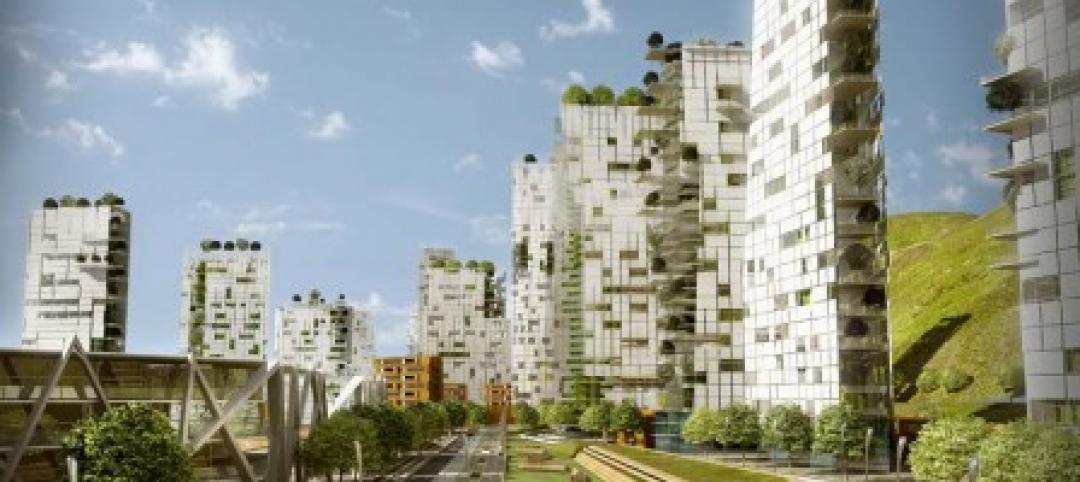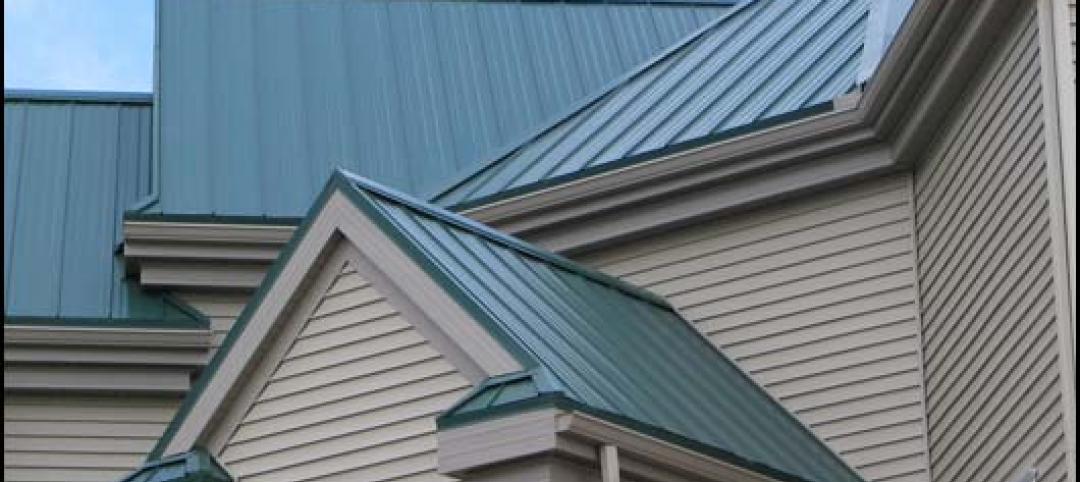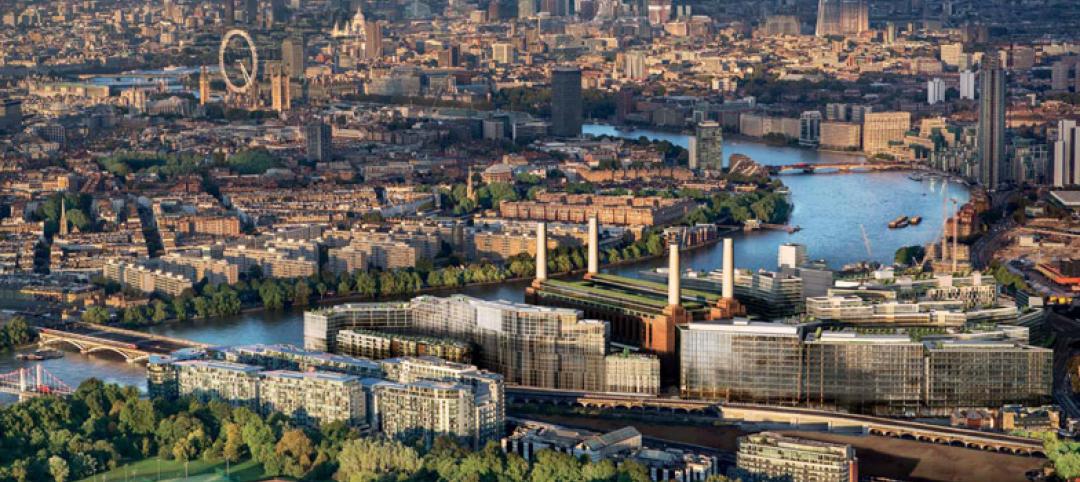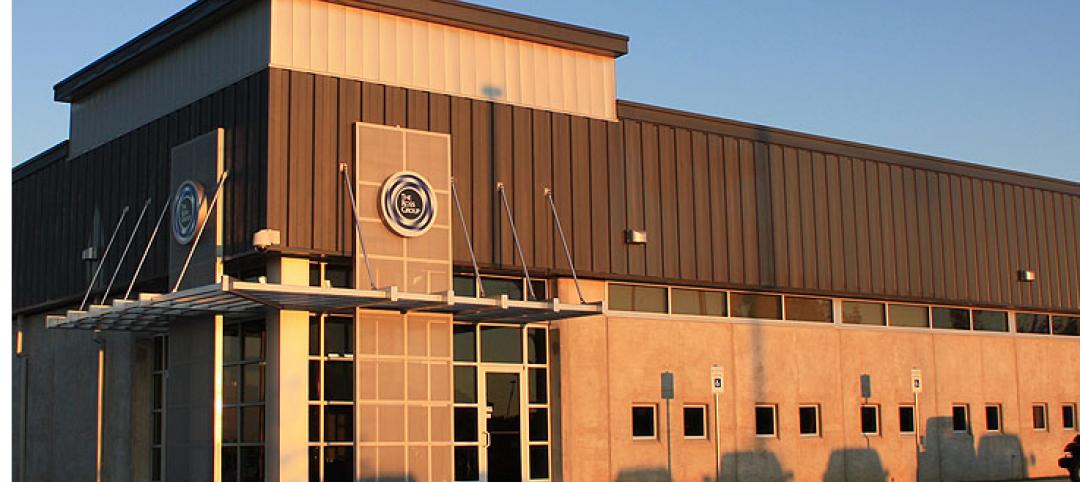Nonresidential construction spending fell 2% in January, which is the largest setback to spending since January 2014, according to the March 2 release from the U.S. Census Bureau.
However, at $614.1 billion on a seasonally adjusted, annualized basis, nonresidential construction spending still is 4.8% higher than one year ago. In addition, the spending estimate for December 2014 was revised downward from $627.1 billion to $627 billion and November's figure was revised from $624.8 billion to $621.9 billion.
"Interpreting January construction statistics is always tricky because the seasonal adjustments can never precisely reflect the impact of any given winter or weather system," said Associated Builders and Contractors Chief Economist Anirban Basu. "New England, among other places, was hit heavily by snow in January and this could explain the monthly decline in nonresidential construction spending.
"Additionally, nonresidential construction spending enjoyed positive momentum through the end of 2014 and, until January, had registered spending growth in five of the previous six months," Basu said. "It is also possible that the West Coast port slowdown impacted construction volumes, including by reducing material availability."
Three of 16 nonresidential construction subsectors posted increases in spending in January on a monthly basis.
- Communication construction spending gained 0.7% for the month, but is down 1.5% for the year.
- Highway- and street-related construction spending grew 0.2% in January and is up 8.7% compared to the same time last year.
- Manufacturing-related spending expanded by 4% in January and is up 22.5% for the year.
Spending in 13 nonresidential construction subsectors declined in January.
- Health care-related construction spending fell 2.3% for the month and is down 2.5% for the year.
- Education-related construction spending fell 3.6% for the month and 0.4% on a year-over-year basis.
- Spending in the water supply category dropped 7.5% from December, but is 3.3% higher than at the same time last year.
- Construction spending in the transportation category fell 1.7% on a monthly basis, but has expanded 8.9% on an annual basis.
- Public safety-related construction spending declined 6.7% on a monthly basis and is down 14.5% on a year-over-year basis.
- Commercial construction spending decreased 5.7% in January, but is up 14% on a year-over-year basis.
- Religious spending fell 11.4% for the month and is down 12.4% compared to the same time last year.
- Lodging construction spending is down 4.4% on a monthly basis, but is up 18.2% on a year-over-year basis.
- Sewage and waste disposal-related construction spending shed 7.5% for the month, but has grown 16% on a 12-month basis.
- Power-related construction spending fell 1.1% for the month and is 13.2% lower than at the same time one year ago.
- Conservation and development-related construction spending fell 5.1% for the month but is up 25.6% on a yearly basis.
- Office-related construction spending declined 1.7% in January but is up 13.7% from the same time one year ago.
- Amusement and recreation-related construction spending fell 3.2% on a monthly basis but is up 19.3% from the same time last year.
- Sewage and waste disposal-related construction spending fell 2% for the month, but has grown 10.5% on a 12-month basis.
Related Stories
| Oct 31, 2013
CBRE's bold experiment: 200-person office with no assigned desks [slideshow]
In an effort to reduce rent costs, real estate brokerage firm CBRE created its first completely "untethered" office in Los Angeles, where assigned desks and offices are replaced with flexible workspaces.
| Oct 30, 2013
15 stellar historic preservation, adaptive reuse, and renovation projects
The winners of the 2013 Reconstruction Awards showcase the best work of distinguished Building Teams, encompassing historic preservation, adaptive reuse, and renovations and additions.
| Oct 30, 2013
11 hot BIM/VDC topics for 2013
If you like to geek out on building information modeling and virtual design and construction, you should enjoy this overview of the top BIM/VDC topics.
| Oct 29, 2013
Increased backlogs, margins lead to renewed optimism in global construction
After prolonged economic uncertainty, a majority of executives in the global engineering and construction sector have fresh confidence in the growth prospects for the industry, according to KPMG International's 2013 Global Construction Survey. A general increase in backlogs and margins is giving cause for optimism across the industry, with further growth anticipated.
| Oct 29, 2013
BIG opens subterranean Danish National Maritime Museum [slideshow]
BIG (Bjarke Ingels Group) has completed the Danish National Maritime Museum in Helsingør. By marrying the crucial historic elements with an innovative concept of galleries and way-finding, BIG’s renovation scheme reflects Denmark's historical and contemporary role as one of the world's leading maritime nations.
| Oct 28, 2013
Urban growth doesn’t have to destroy nature—it can work with it
Our collective desire to live in cities has never been stronger. According to the World Health Organization, 60% of the world’s population will live in a city by 2030. As urban populations swell, what people demand from their cities is evolving.
| Oct 28, 2013
Metal roofs are topping more urban dwellings
Given their durability and ease of use, metal roofs have been a common feature on rural houses for decades. Now they’re becoming an increasingly popular choice on urban dwellings as well.
| Oct 25, 2013
Hoffmann Architects announces launch of U.S. Capitol Dome restoration
The Architect of the Capitol will undertake comprehensive restoration of the 150-year-old cast iron Dome, which has not undergone a complete restoration since 1959-1960.
| Oct 23, 2013
Gehry, Foster join Battersea Power Station redevelopment
Norman Foster and Frank Gehry have been selected to design a retail section within the £8 billion redevelopment of Battersea Power Station in London.
| Oct 23, 2013
Some lesser-known benefits of metal buildings
While the durability of metal as a construction material is widely recognized, some of its other advantages are less commonly acknowledged and appreciated.


